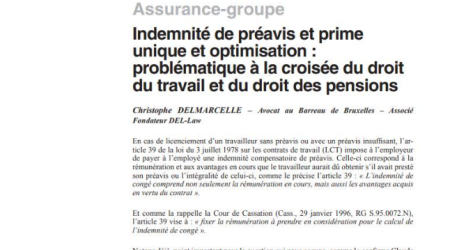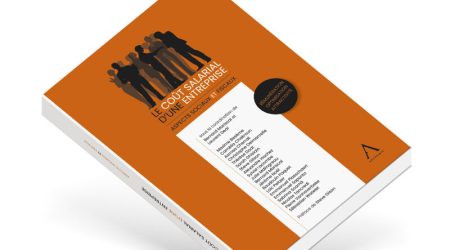Social Elections: Abusive Candidacy?
Posted the 7 December 2023The procedure for the election of the company council (CC) and the committee for prevention and protection at work (CPPW) is set to begin in December 2023 and conclude in May 2024.
On the occasion of these elections, employees may be tempted to run for office to benefit from the statutory protection against dismissal. Indeed, except for the duration, the candidate enjoys the same protection as the elected official, namely that they can only be dismissed for an economic reason recognized by the joint committee or for a serious reason recognized by the court. If the procedure is not respected, the employer will have to pay 2, 3, or 4 years of salary depending on the worker's seniority (-10, between 10 and 20, and +20) to which must be added their remuneration until the next social elections, up to a maximum of 4 years of salary (if the employer refuses to reinstate them). In total, at worst, 8 years of remuneration…
In the context of companies in difficulty or restructuring, or in cases of latent conflict, this could encourage one to become a candidate.
However, like any right, the right to be a candidate cannot be exercised abusively, as confirmed by the Court of Cassation in a ruling of March 5, 1984.
This will be the case when the circumstances of fact show that the candidacy serves the sole or main purpose of benefiting from protection, which diverts the candidacy from its legitimate objective, namely the exercise of a mandate to represent workers. Therefore, judicial control must be marginal.
Thus, the candidacy of a long-term sick worker can sometimes be considered abusive, especially because being a candidate implies being able to effectively carry out the mandate. But the jurisprudence is not uniform.
A worker who has openly expressed disinterest and who would run for office the day after the announcement of layoffs in their department could see their candidacy considered abusive. Even so, the court could see the announcement of restructuring as the trigger for a pronounced pro-union sentiment.
The courts have also considered that the fact that the candidate has never been active before in defending their colleagues does not constitute abuse.
They believe it is up to the recognized trade unions, which present the candidacies, to assess the appropriateness of these and the risk to their affiliates with candidates who are insufficiently motivated.
Finally, proving candidacy abuse is all the more difficult because the one who invokes it must provide proof. Mere suppositions or estimates regarding the candidate's commitment are not enough. It must be established beyond any doubt that the candidacy aims solely or primarily at protection and that it is certain or almost certain that the mandate will not be exercised.
Therefore, it is not simple, which explains why candidacies are rejected in less than 20% of cases.

Related articles

Severance pay and one shot premium and optimization: issues at the crossroads of labor law and pension law (Wolters Kluwer)
